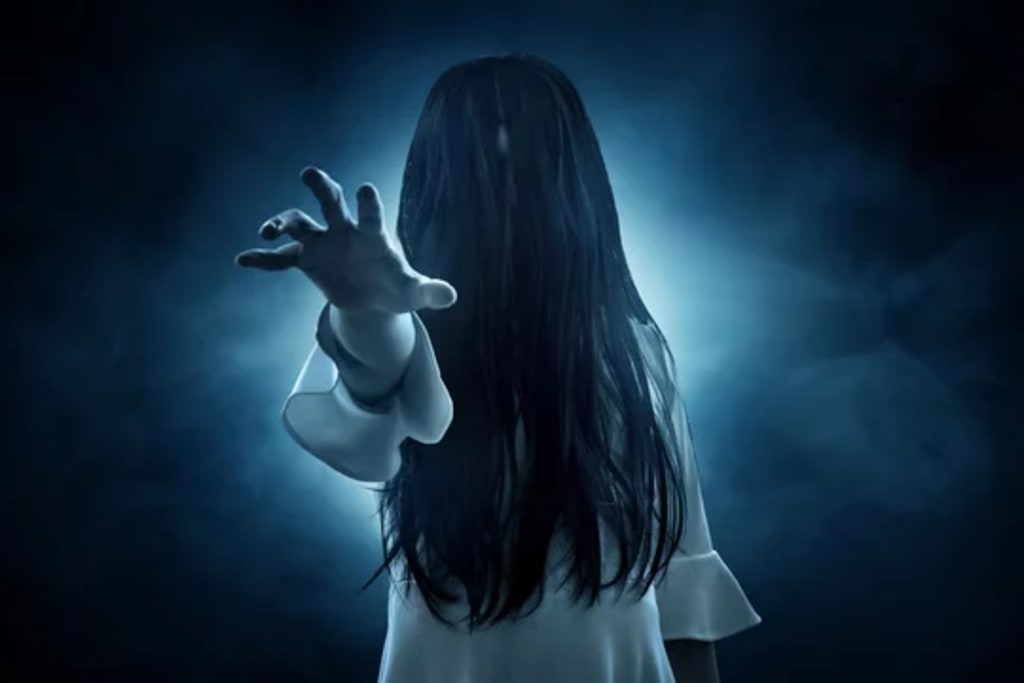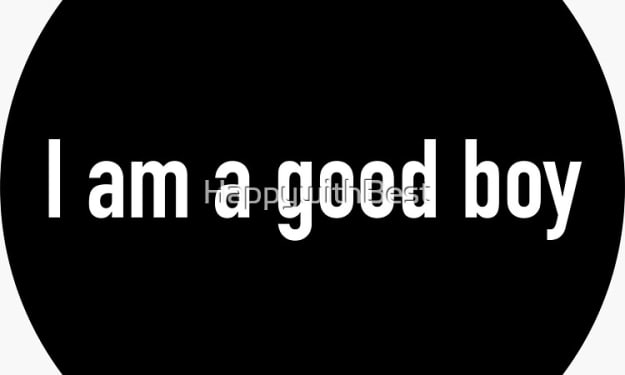
# Are Ghosts Real? A Look into the Paranormal
The question of whether ghosts are real has fascinated humanity for centuries. Tales of haunted houses, spectral apparitions, and unexplained phenomena have permeated cultures across the globe. Despite the widespread anecdotal evidence and personal testimonies, the existence of ghosts remains a highly debated and controversial topic. This article delves into the arguments for and against the reality of ghosts, exploring scientific perspectives, cultural beliefs, and personal experiences.
## The Cultural and Historical Context
Ghost stories have been a part of human culture for millennia. Ancient civilizations, such as the Egyptians, Greeks, and Romans, all had their own beliefs and legends about spirits and the afterlife. In many cultures, ghosts are thought to be the spirits of deceased individuals who have unfinished business or who are unable to move on to the next realm. These beliefs are often deeply intertwined with religious and spiritual practices.
In the Western world, ghost stories became particularly popular during the Victorian era, with many people fascinated by the idea of contacting the dead through séances and other spiritualist practices. Today, ghost stories continue to captivate audiences through books, movies, and television shows, reinforcing the idea that ghosts might be real.
## The Scientific Perspective
From a scientific standpoint, the existence of ghosts is highly skeptical. Science relies on empirical evidence and reproducibility, and so far, there has been no definitive proof that ghosts exist. Many phenomena attributed to ghosts can often be explained by natural causes.
### Psychological Explanations
Psychologists suggest that many ghost sightings can be attributed to the power of suggestion, hallucinations, or the human brain's tendency to perceive patterns, even where none exist. The phenomenon known as pareidolia, where people see familiar shapes in random patterns (like faces in clouds), can explain many ghostly apparitions.
Additionally, sleep paralysis, a condition where a person is unable to move while falling asleep or waking up, often involves hallucinations that can be mistaken for ghostly encounters. The brain can produce vivid and terrifying images during these episodes, leading individuals to believe they have seen a ghost.
### Environmental Factors
Environmental factors can also play a role in ghost sightings. For example, infrasound, low-frequency sound waves that are below the threshold of human hearing, can cause feelings of anxiety, unease, and even hallucinations. These sound waves can be produced by natural sources, such as earthquakes or weather patterns, or by man-made sources, like engines or industrial machinery.
Another environmental explanation is the presence of mold. Certain types of mold, such as black mold, can cause neurological symptoms, including hallucinations, which could be mistaken for ghostly activity.
## The Paranormal Perspective
Despite the scientific skepticism, many people firmly believe in the existence of ghosts based on personal experiences and anecdotal evidence. Ghost hunters and paranormal investigators often use various tools and methods to detect ghostly activity, such as electromagnetic field (EMF) meters, infrared cameras, and audio recorders.
### Anecdotal Evidence
There are countless stories of individuals who have had experiences they believe to be encounters with ghosts. These stories often involve seeing apparitions, hearing unexplained noises, or feeling an unseen presence. While anecdotal evidence is not considered scientifically reliable, it is compelling to those who have experienced it.
### Paranormal Investigations
Paranormal investigators seek to gather evidence of ghostly activity using various techniques. Some claim to have captured ghostly images on camera or recorded unexplained voices, known as electronic voice phenomena (EVP). While these findings are intriguing, they often lack the rigorous controls and repeatability required for scientific validation.
## The Middle Ground: Unexplained Phenomena
While science has yet to prove the existence of ghosts, it is important to acknowledge that there are many phenomena that remain unexplained. These unexplained experiences can be deeply personal and meaningful to those who have them, contributing to the ongoing belief in ghosts.
### The Role of Belief
Belief in ghosts is often influenced by cultural, religious, and personal factors. For some, the belief in ghosts provides comfort, a sense of connection to deceased loved ones, or a way to make sense of unexplained experiences. For others, skepticism is rooted in a reliance on scientific evidence and a preference for natural explanations.
## Conclusion
The question of whether ghosts are real remains unresolved. While scientific evidence does not support the existence of ghosts, personal experiences and cultural beliefs continue to fuel the debate. Whether ghosts are real or not may ultimately depend on one's perspective and willingness to accept the unexplained.
In the end, the allure of ghost stories lies not only in their potential reality but in their ability to evoke wonder, fear, and curiosity. Whether viewed as mere folklore or as genuine encounters with the supernatural, ghosts will likely continue to haunt the human imagination for generations to come.
About the Creator
Enjoyed the story? Support the Creator.
Subscribe for free to receive all their stories in your feed. You could also pledge your support or give them a one-off tip, letting them know you appreciate their work.





Comments
There are no comments for this story
Be the first to respond and start the conversation.